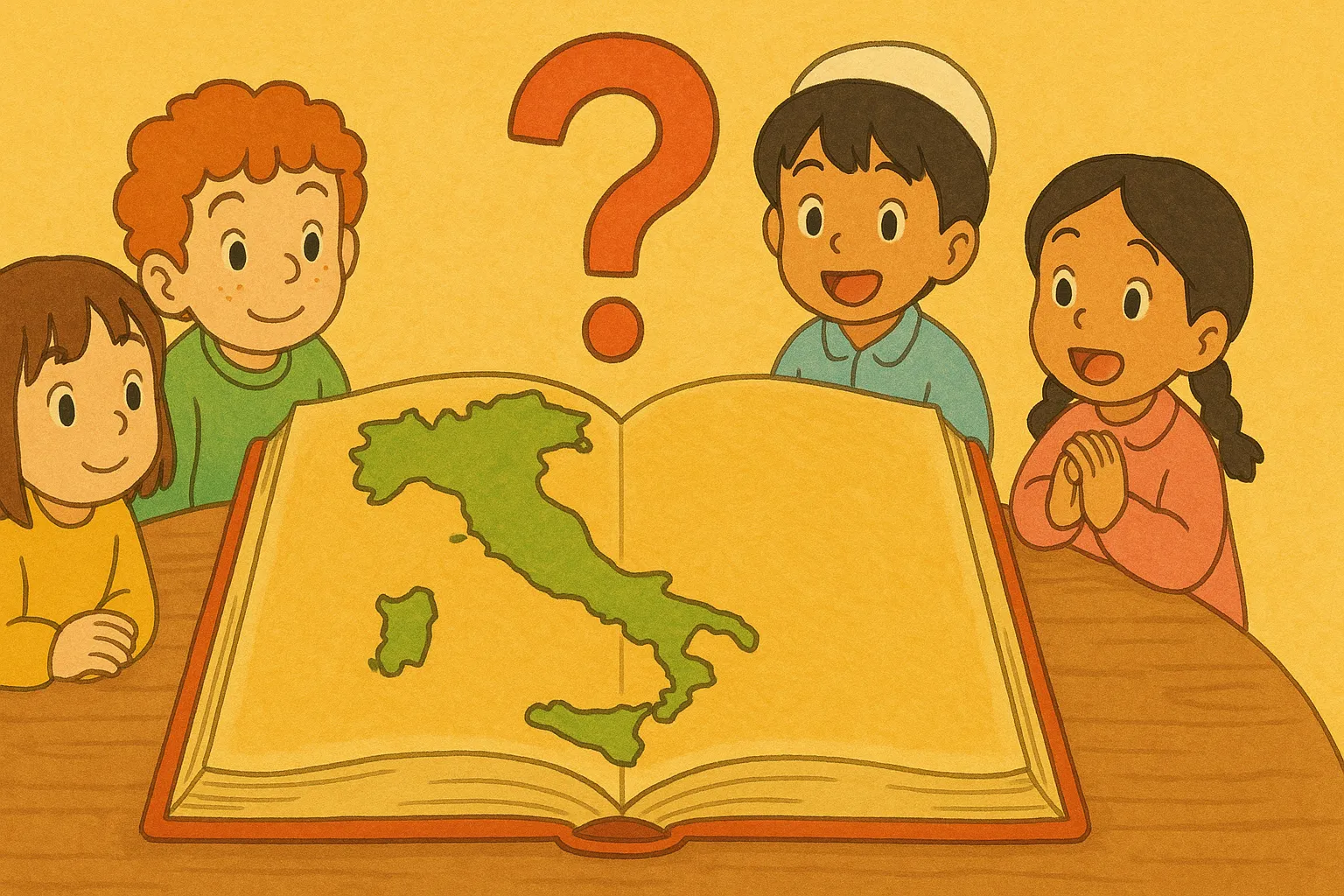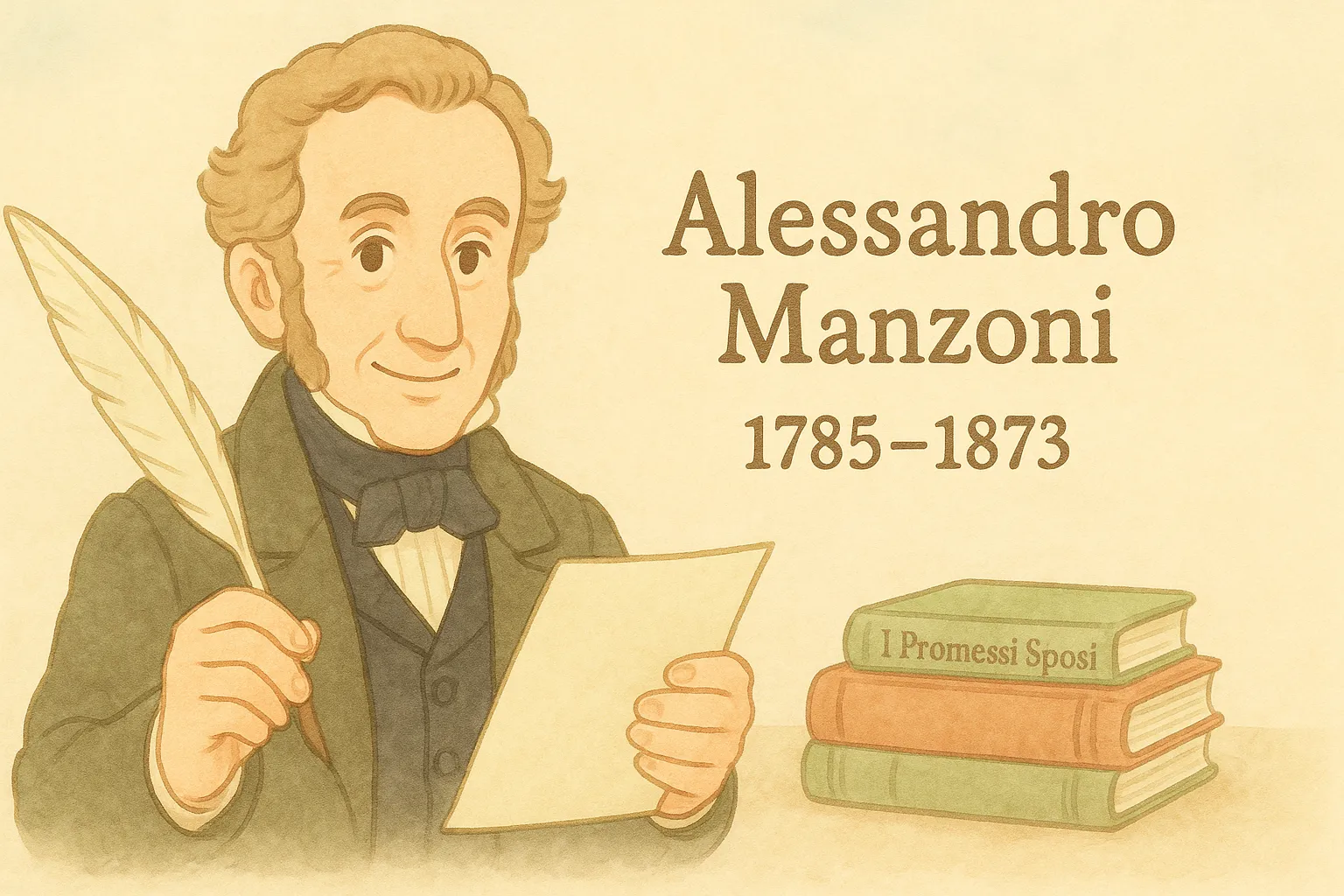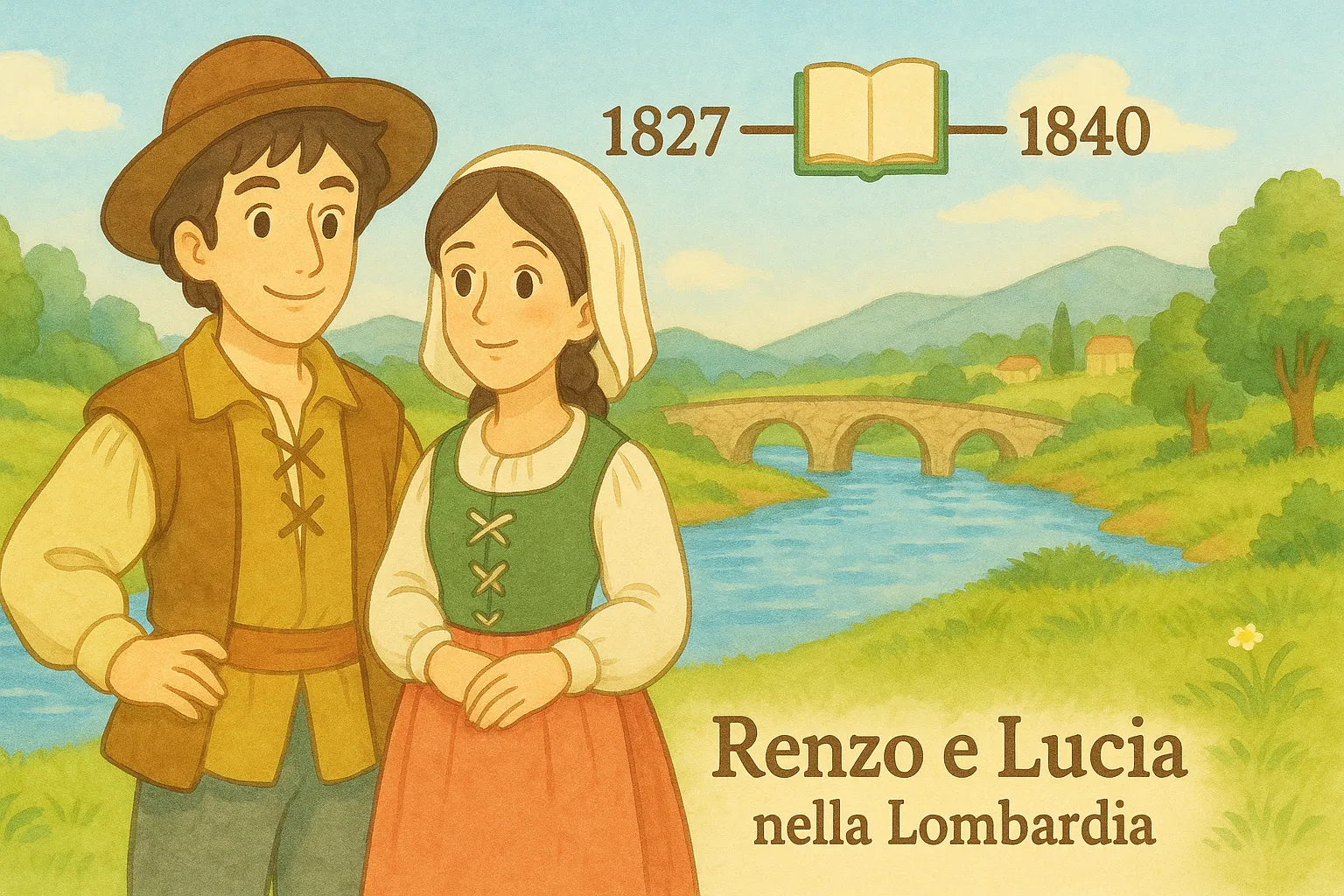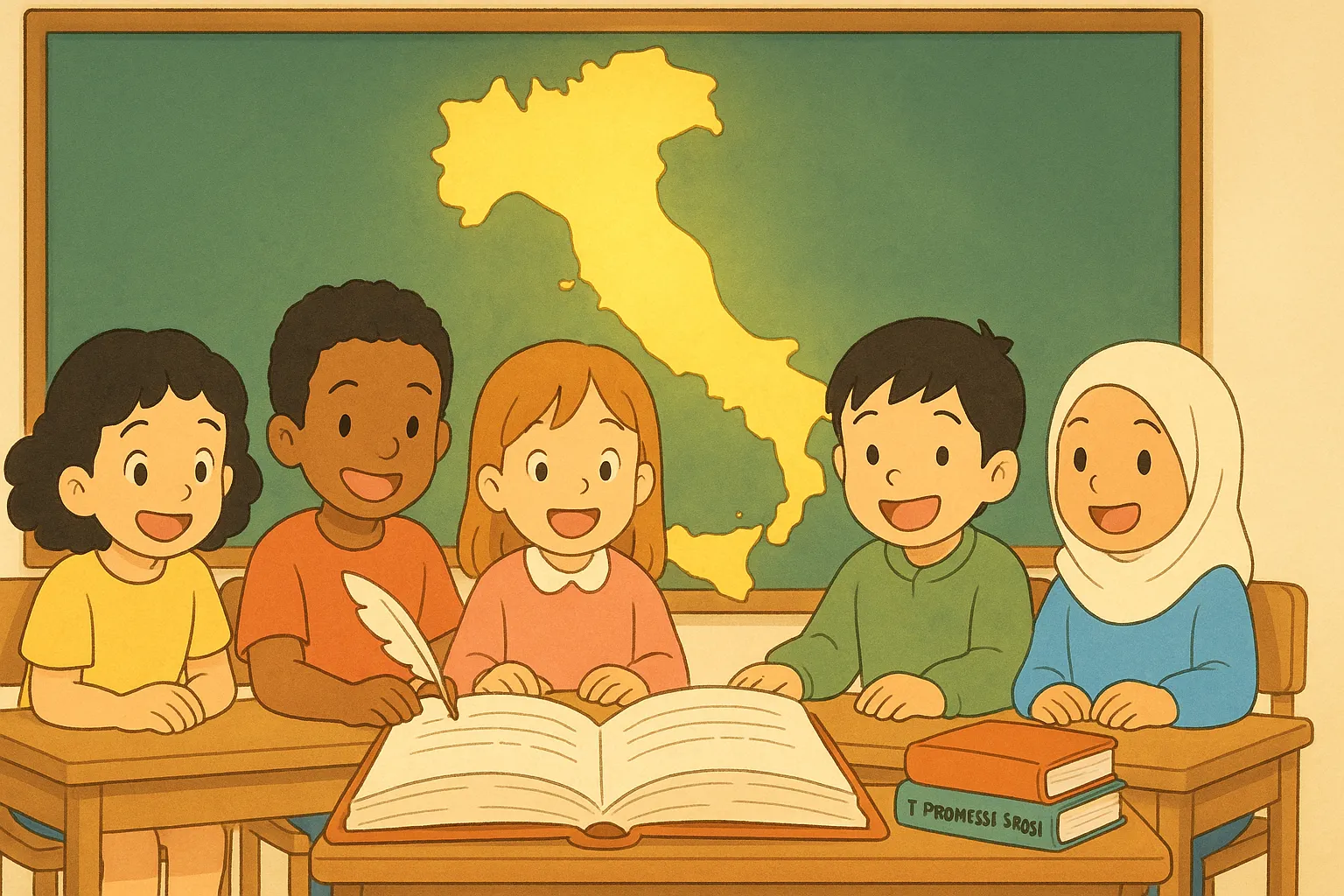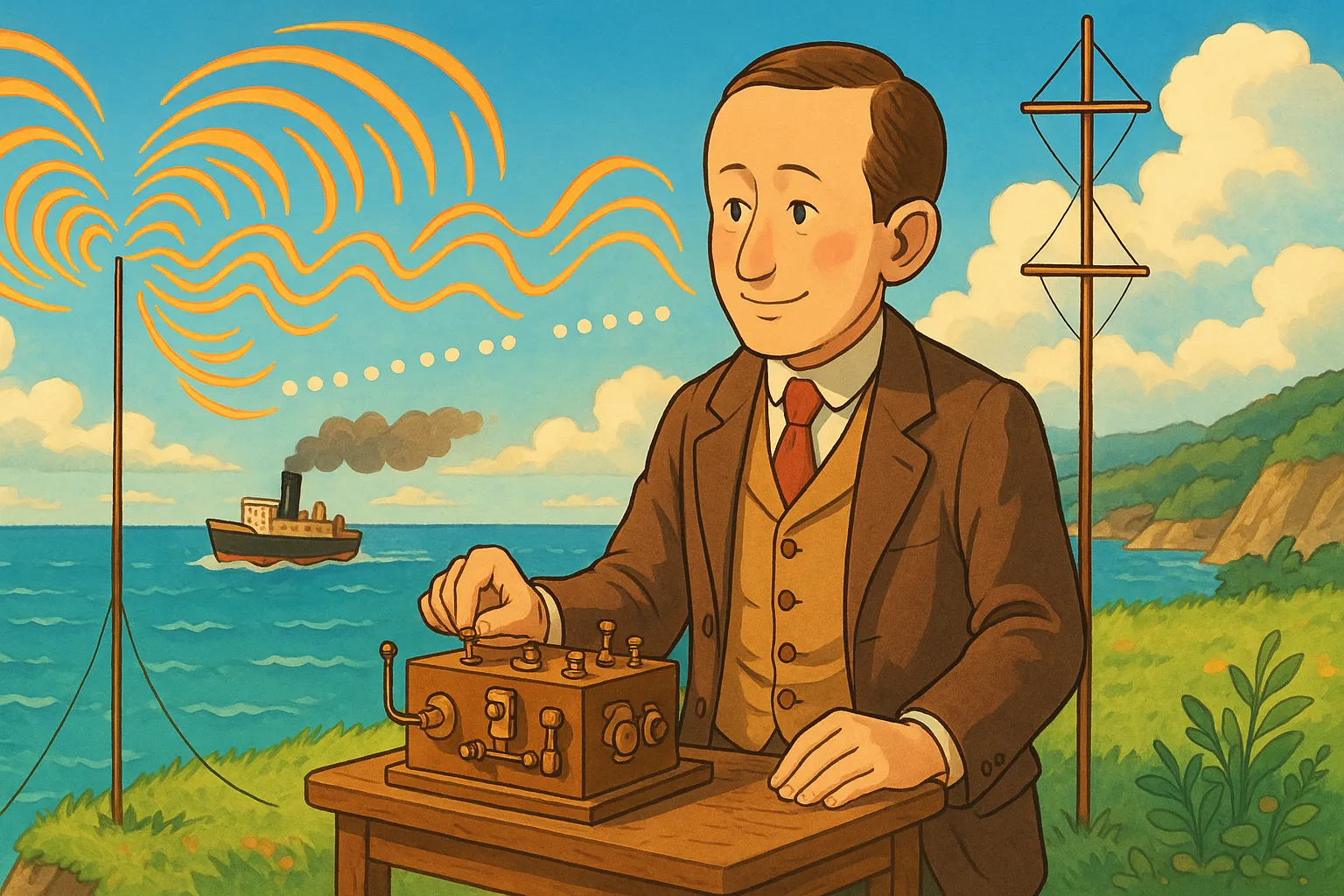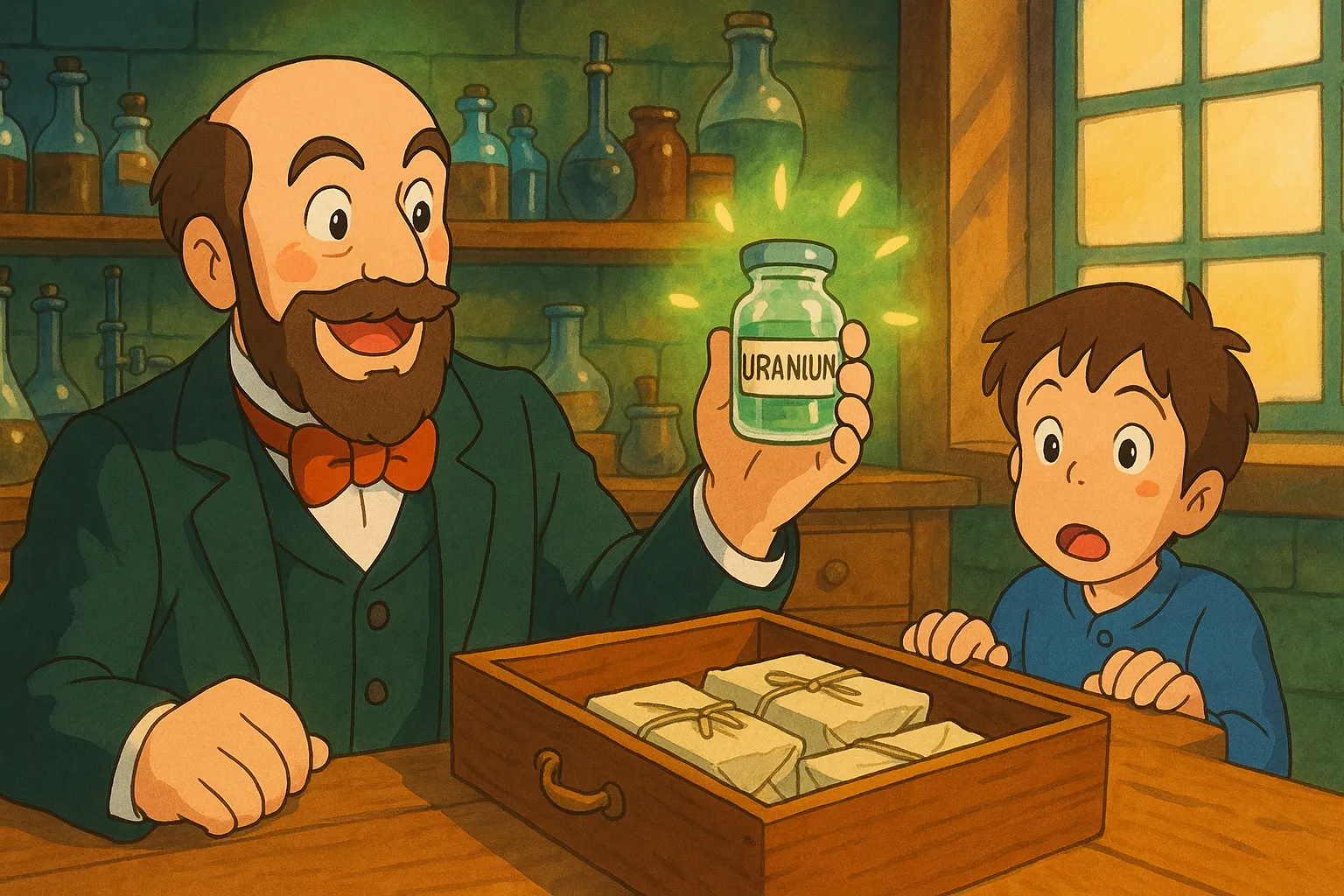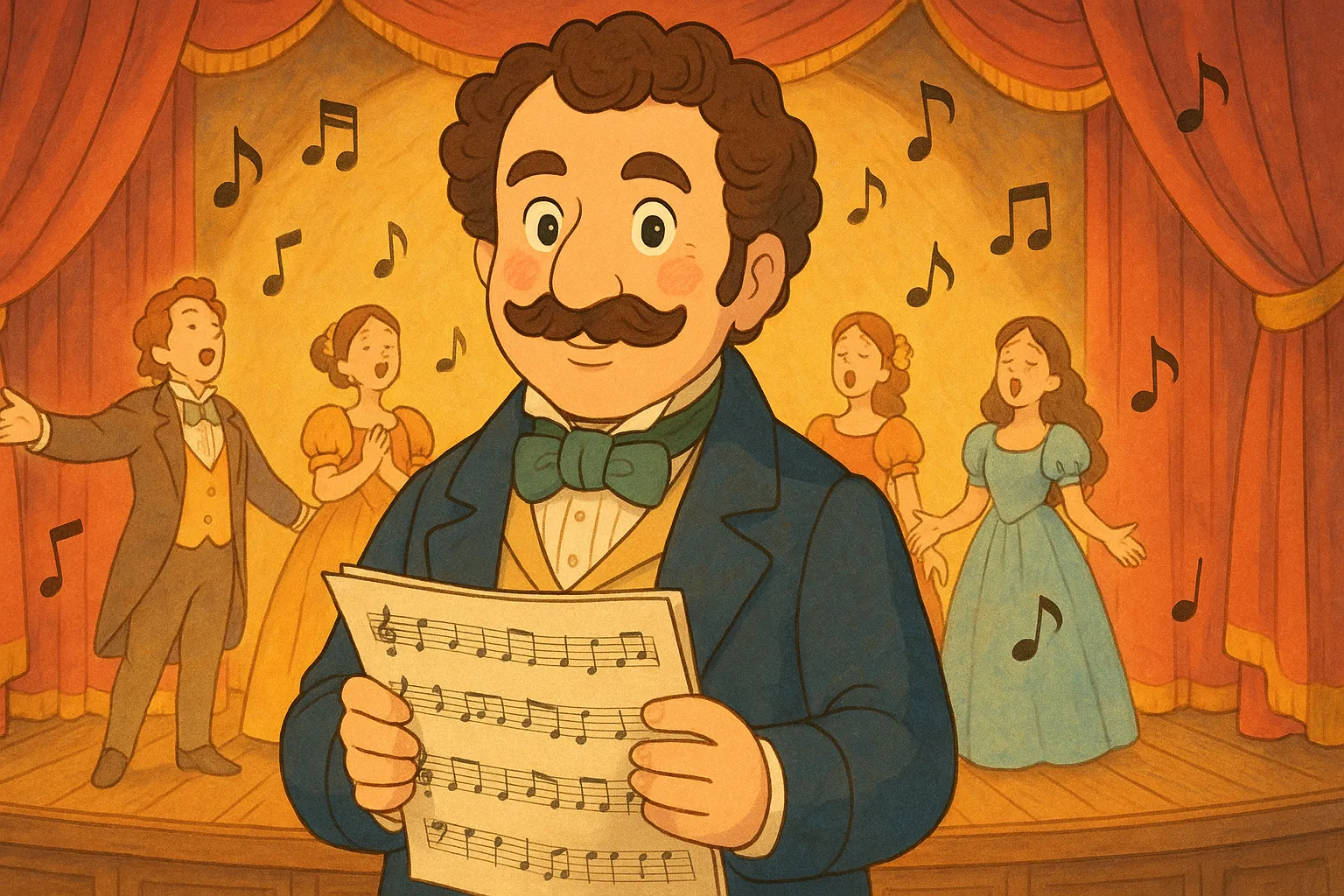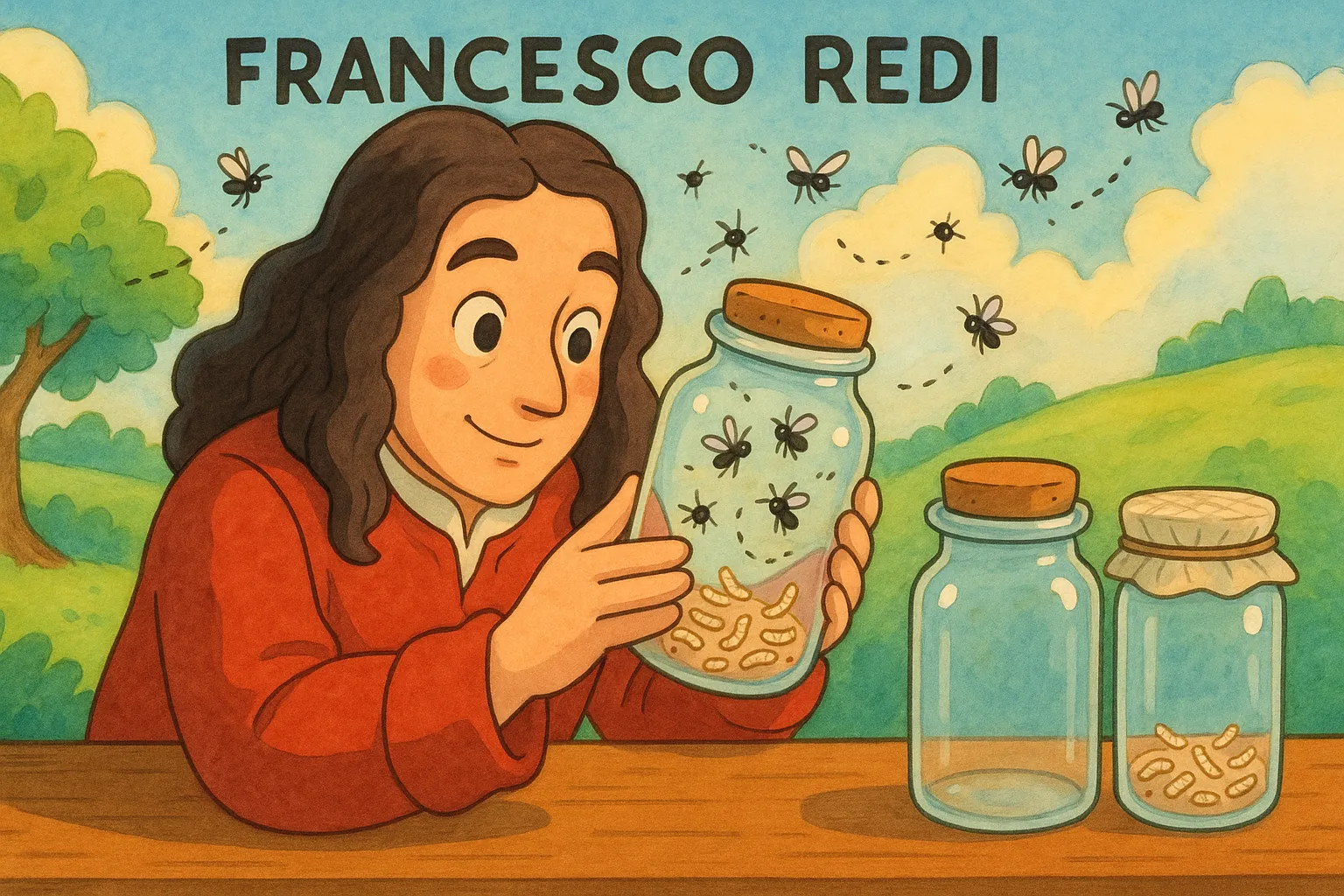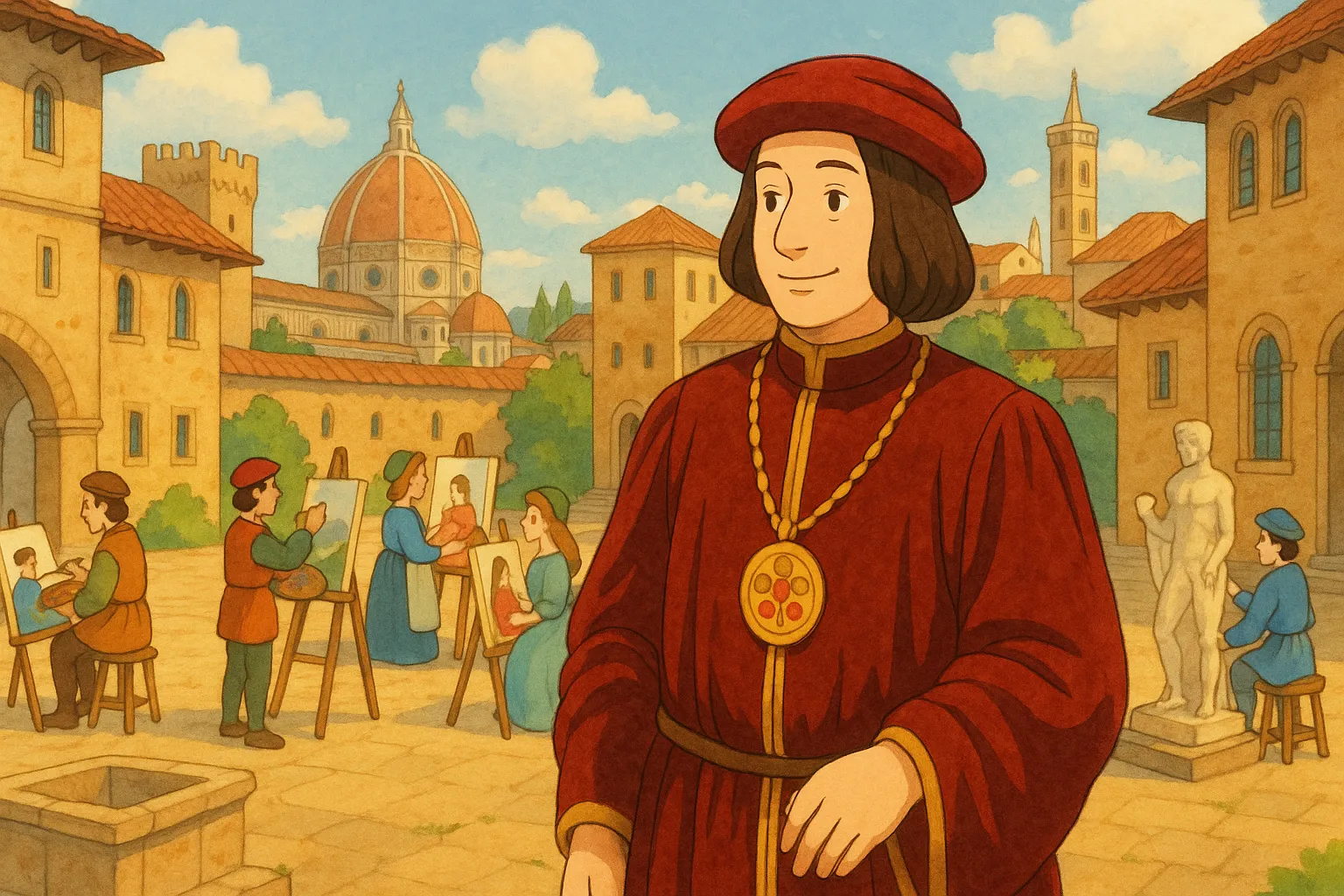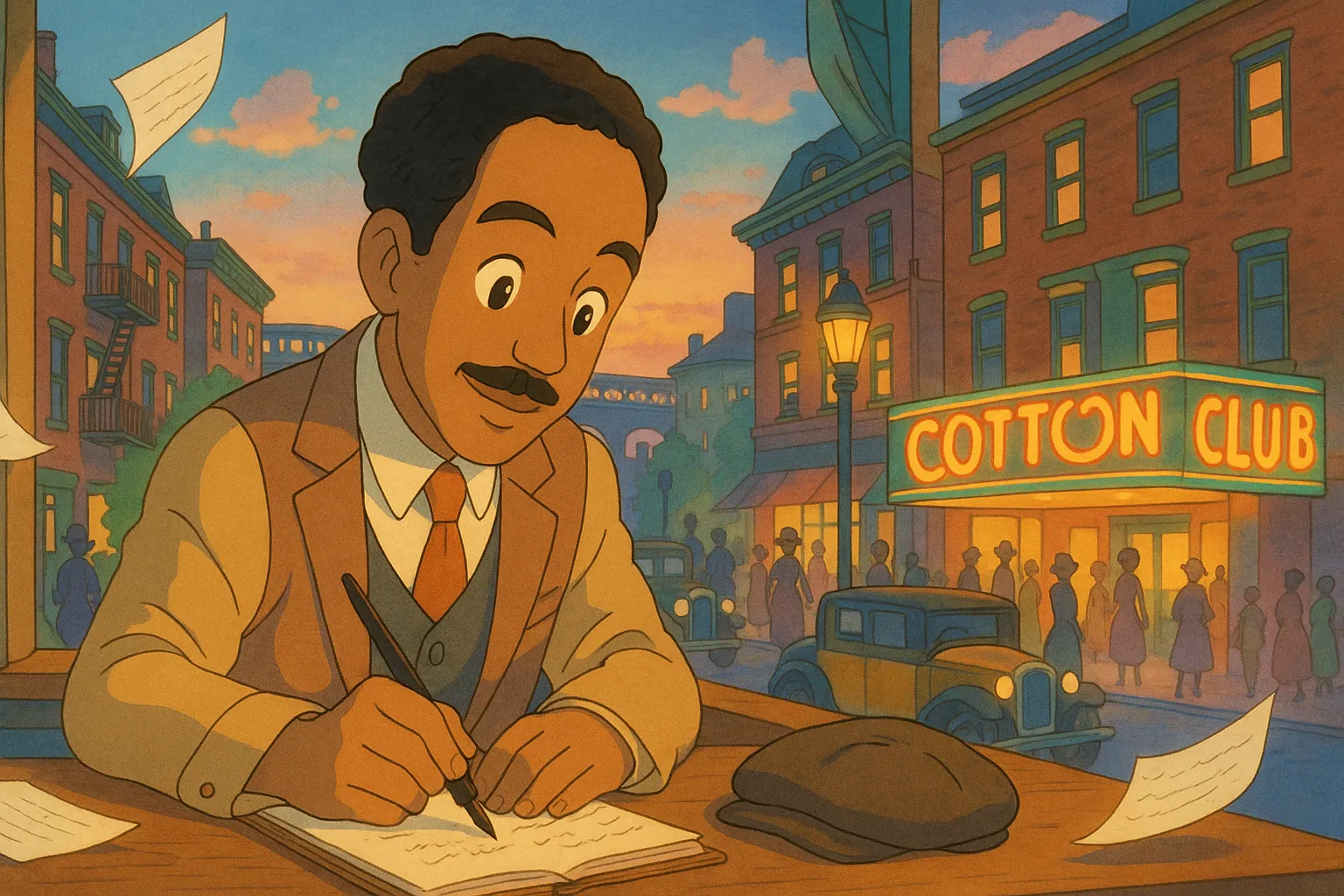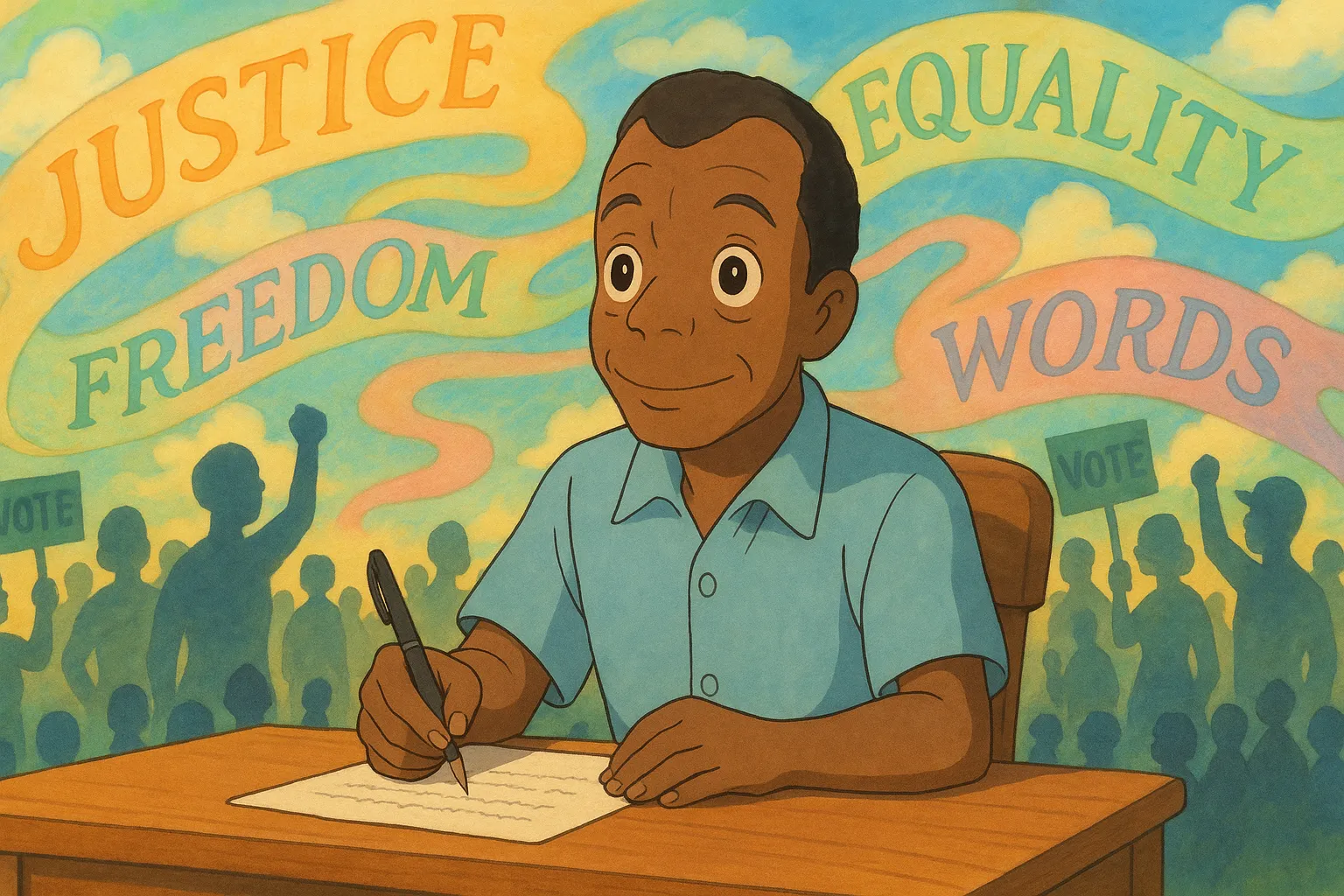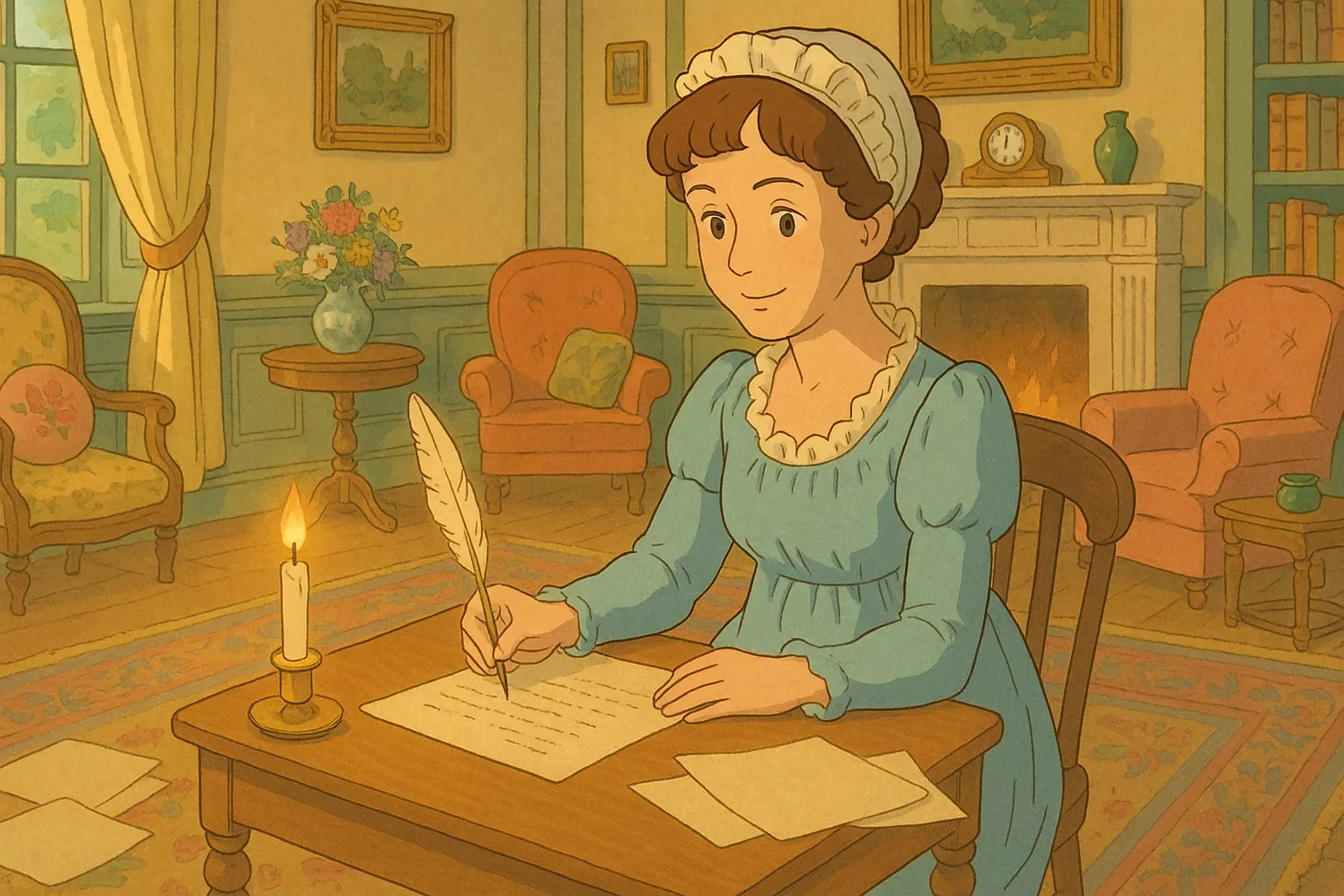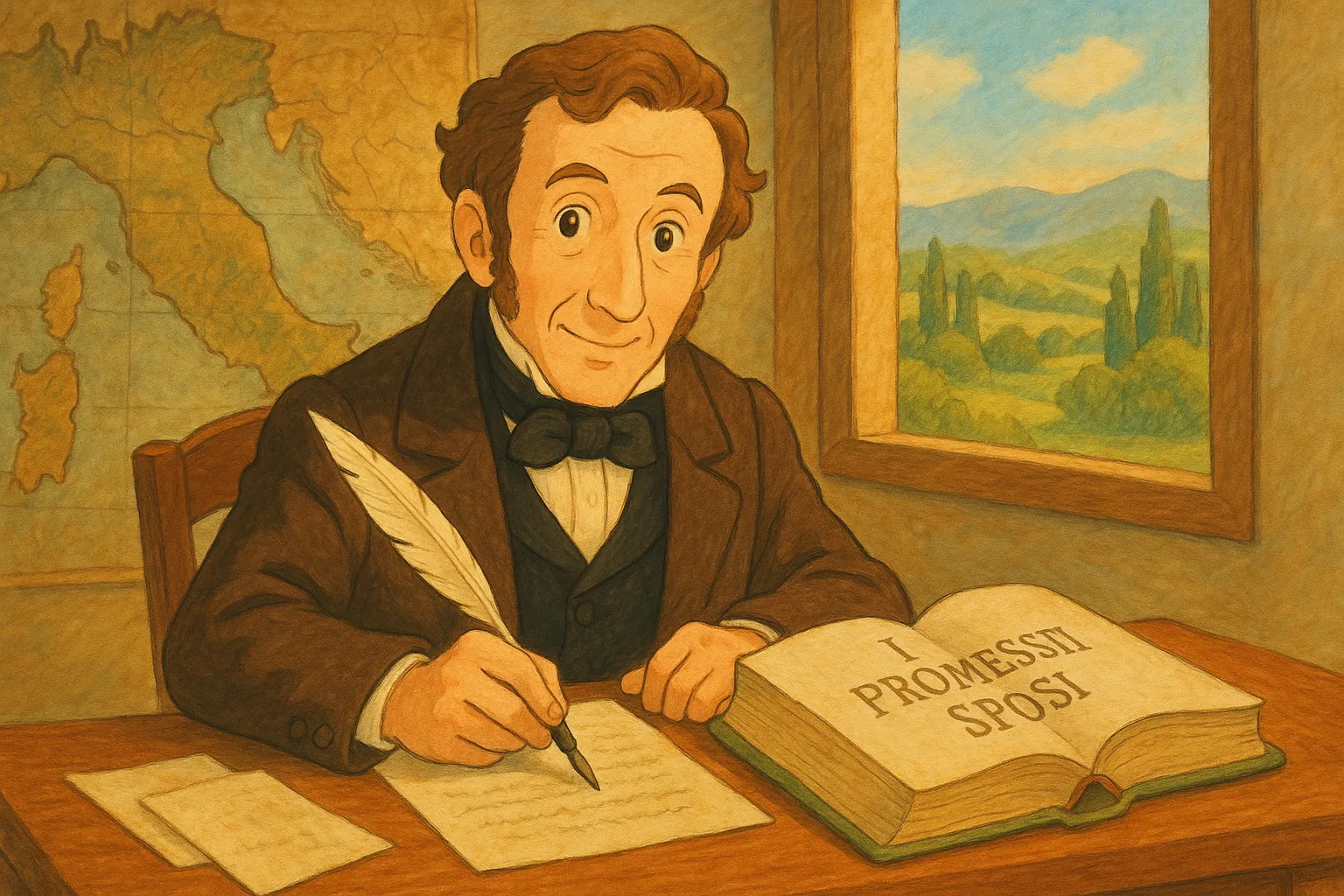
Frequently Asked Questions
What themes did Manzoni explore in his writing?
He often tackled faith, moral responsibility, human suffering and justice, weaving personal fate with broader social and ethical questions.
Did Manzoni write more than novels?
Yes. Besides his famous novel he wrote poems, essays, plays and historical studies, showing wide interests in literature, history and religion.
How did Manzoni prepare the historical parts of his works?
He used careful documentary research, consulting archives and sources to build believable settings and to blend fictional characters with historical context.
Are there modern translations of his works?
Yes. His major works have been translated into many languages and appear in recent annotated and bilingual editions for contemporary readers.
Have his works been adapted for stage or screen?
Yes. His stories have inspired theater productions, films, television series, operas and illustrated editions, keeping them alive in different media.
How did Manzoni’s religious beliefs influence his writing?
His deepening Catholic faith shaped the moral outlook of his later work, emphasizing providence, conscience and the ethical dimensions of historical events.
Is there a museum or house dedicated to Manzoni?
Yes. Casa Manzoni in Milan preserves rooms, manuscripts and memorabilia related to his life and offers exhibitions about his work.
How do you pronounce his name?
In Italian: Alessandro Manzoni is pronounced roughly ah-less-AHN-dro man-ZO-nee.
Why does Manzoni matter to later writers?
Writers value his narrative craft—realistic detail, moral depth and careful revision—qualities that influenced the development of the modern novel.
